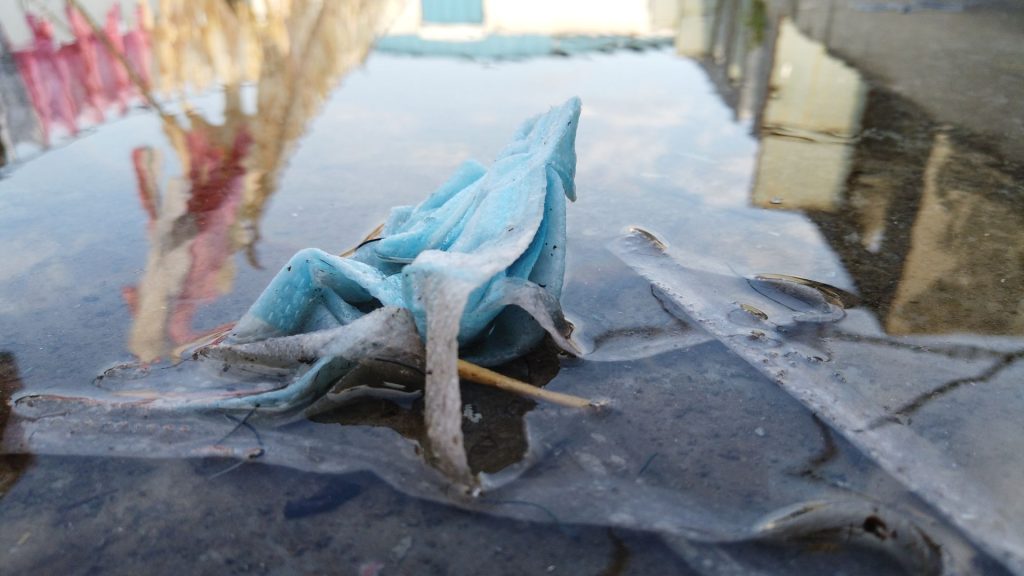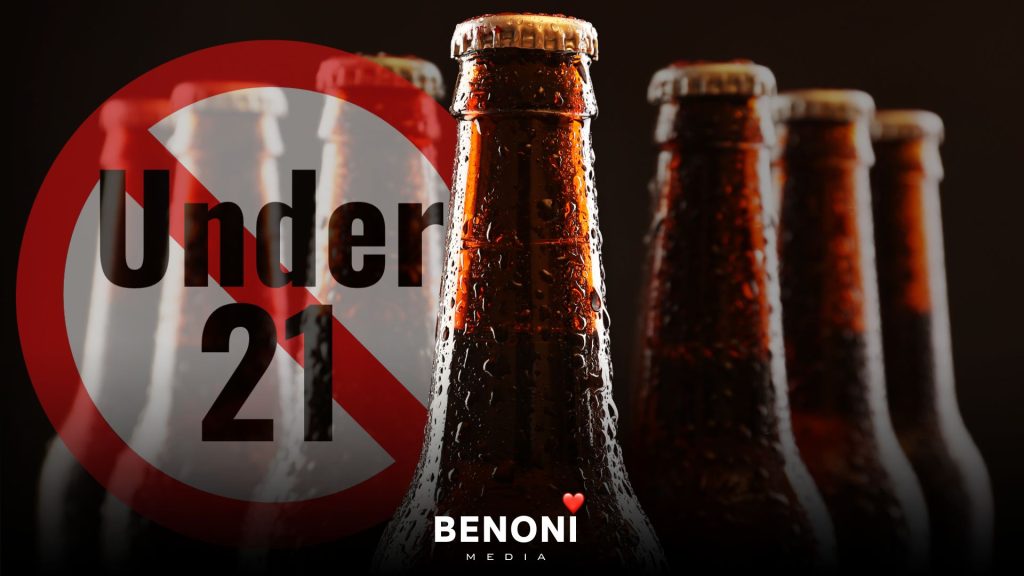In South Africa, significant changes to alcohol laws are under consideration, with key stakeholders and government departments advocating for reforms to the legal drinking age and regulations surrounding alcohol sales. These proposed changes are part of the ongoing discussions surrounding the Liquor Amendment Bill, initially introduced by the Department of Trade and Industry in 2016.
Proposed Changes to Legal Drinking Age and Sales Regulations
The Liquor Amendment Bill suggests several crucial adjustments aimed at better regulating alcohol consumption in South Africa. Key proposals include
- Raising the Legal Drinking Age: The bill aims to increase the legal drinking age from 18 to 21.
- Sales Restrictions Near Educational Institutions: A proposed 100-meter radius restriction on alcohol sales around schools and religious establishments.
- Advertising Limitations: A ban on alcohol sales and advertising on social and smaller media platforms.
- Seller Liability Clause: Introduction of a liability clause to hold alcohol sellers accountable for irresponsible sales.
While these measures may seem strict, they are designed to tackle the rising concerns regarding alcohol-related harms in the country.

Impact of COVID-19 on Alcohol Consumption Debate
In early 2021, during the COVID-19 lockdown, President Cyril Ramaphosa’s Cabinet revisited the Draft Liquor Amendment Bill, focusing on the negative impacts of alcohol during the pandemic. The topic became especially contentious as bans on alcohol were implemented to reduce hospital admissions related to alcohol-induced injuries and accidents.
Despite the increased scrutiny, progress on advancing the alcohol laws has been minimal.
Advocacy for Raising the Legal Drinking Age
Aadielah Maker Diedericks, Secretary General of the South African Alcohol Policy Alliance (SAAPA), emphasised the critical need to revive the bill, particularly supporting the proposal to raise the legal drinking age. While some may perceive this change as trivial, research indicates otherwise.
A report by the DG Murray Trust (DGMT) suggests that raising the legal drinking age to 21 could significantly decrease alcohol consumption, binge drinking, and alcohol-related fatalities. The study suggests a potential reduction in overall alcohol consumption by up to 12% with the proposed age limit.
Government Support and Concerns
The South African Department of Social Development has expressed support for these changes to the alcohol laws. Minister Sisisi Tolashe recently highlighted the alarming prevalence of alcohol abuse among youth, citing data from the South African National Demographic and Health Survey, which reported that 25% of individuals aged 15 to 19 had consumed alcohol.
Moreover, alcohol is implicated in 75% of homicides, 60% of vehicle accidents, and 24% of vehicle-related deaths and injuries in the country. Tolashe noted that alcohol is the third-largest contributor to death and disability in South Africa, following unsafe sexual practices and interpersonal violence, both significantly influenced by alcohol consumption.
The Importance of Enforcement
The DGMT report stresses that effectively enforcing the raised legal drinking age is crucial for success. Without stringent policing, young individuals may resort to unlicensed vendors for alcohol, which could exacerbate the situation. The report further recommends restrictions on alcohol advertising and limiting availability in communities with a high concentration of alcohol outlets.
Slow Progress and Future Outlook
Despite the proposed measures and the government’s stated intention to revisit the Liquor Amendment Bill, progress has been sluggish. At the end of 2023, former Minister of Social Development Lindiwe Zulu and the Department of Trade and Industry reaffirmed their commitment to presenting the bill to Parliament, including the adjustments to the legal drinking age. However, no significant updates on its status have emerged, and inquiries from BusinessTech to the Department of Trade and Industry remain unanswered.
A Call for Change
Diedericks insists that the proposed changes are vital for South Africa’s future. He underscores the importance of delaying young people’s access to alcohol for their health and development. Furthermore, he advocates for stricter regulations on alcohol advertising and reducing the density of alcohol outlets, which correlates with high binge-drinking rates.
For Diedericks and other advocates, these changes are not merely legal adjustments but essential steps toward addressing the growing crisis of alcohol abuse in South Africa.
